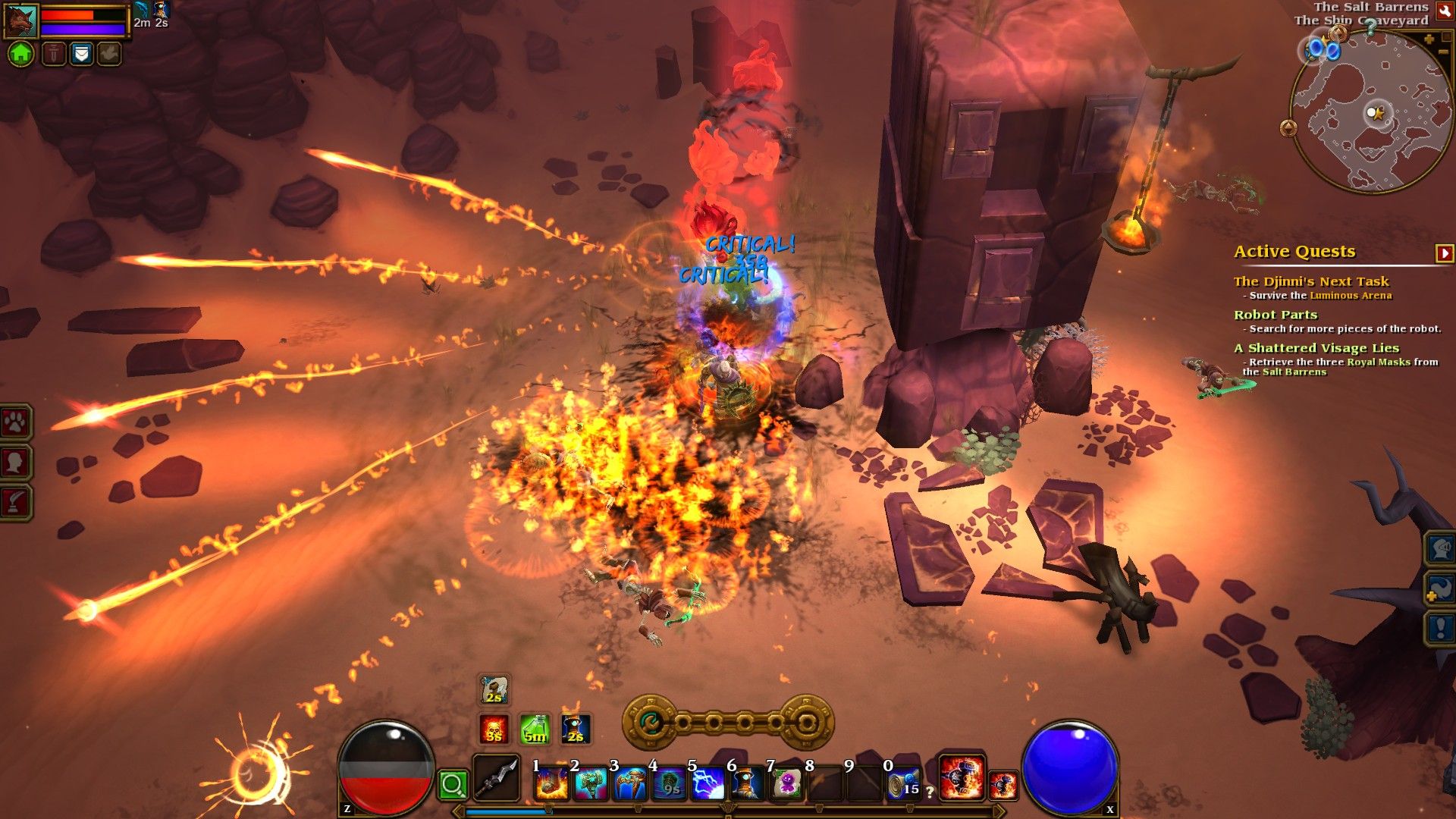

Rice seems to be signalling there will be a reverse split in Meta Materials’ future no matter what his boss says. Got that? No reverse split for Meta Materials! Also, “Revenue.”īut on March 15, Meta CEO and COO Ken Rice filed a Form-8K with the Securities and Exchange Commission disavowing Palikaras’ tweet: Revenue, strategic partnerships, cost efficiencies, hiring & paying for performance, non-dilutive capital, poison pill, relentless work, Revenue… Plenty of time 2 get in compliance, but our bar is set a lot higher than that. Remaining relevant and avoiding being delisted are the most common reasons for corporations to pursue this strategy.īut as you can see, Palikaras has no intention of initiating a reverse split to remain relevant and avoid de-listing instead, as he told his Twitter followers, Meta Materials will remain on the Nasdaq through a mix of:.can signal a company in distress since it raises the value of otherwise low-priced shares.Reverse splits, the definition continues: …a type of corporate action that consolidates the number of existing shares of stock into fewer (higher-priced) shares. #KnowWhatYouHold🦋 /nQkrIa3m43Īn R/S is a reverse stock split, defined by Investopedia as: My sources also say that & McCabe have ALL their shares intact. There is not going to be an R/S for being below the threshold for as long as i am the CEO of $MMAT.

Look up my last response which still holds. In response to de-listing speculation, Meta Materials president and CEO George Palikaras took to Twitter to reassure investors: In fact, as I write, on Tuesday morning (March 21), the stock is trading at roughly 53 cents per share.

As of today (March 16), the stock has been trading below $1 for 28 consecutive business days and it seems likely Meta will receive another de-listing warning (warnings are issues when stocks have been trading below $1 for 30 consecutive business days). Meta met this requirement, its price trading consistently above $1 between November and December last year, but it fell below $1 again in February, particularly after its February 10 announcement that it would float a $100 million common stock offering. To do so, the Meta Materials price had to be at or above $1 for at least 10 consecutive business days during this 180-day period. In fact, on 25 August 2022, the company was notified by the Nasdaq that it was in noncompliance with the exchange’s $1 minimum price guideline and had 180 calendar days, or until 21 February 2023, to regain compliance. Since then, the market has not been overly generous in its valuation of Meta’s stock. Ray said they felt “there was a material component of the price related to the Torchlight special dividend and a lack of market consensus on its value” but Innovacorp believed “the market would ultimately determine the underlying value of the META stock.” Innovacorp VP Andrew Ray told me they sold their Meta shares over “about eight days in the first two weeks of July 2021,” when the price ranged from USD$6.00 to USD$3.80. Torchlight, a struggling oil and gas company, became a meme stock with an “irrational” share price in the lead-up to the merger thanks, largely, to wild speculation about the value of a special dividend Torchlight shareholders would receive once the merged company sold off its oil and gas holdings. Meta Materials listed on the Nasdaq at the end of June 2021 by way of a reverse merger with Torchlight Resources. Thanks to the spectator who alerted me to this latest development in the ongoing saga of Dartmouth-based Meta Materials, the “smart” materials company that earned Nova Scotia’s erstwhile venture capital fund Innovacorp a $100 million payday by going public with a valuation north of $1 billion.


 0 kommentar(er)
0 kommentar(er)
